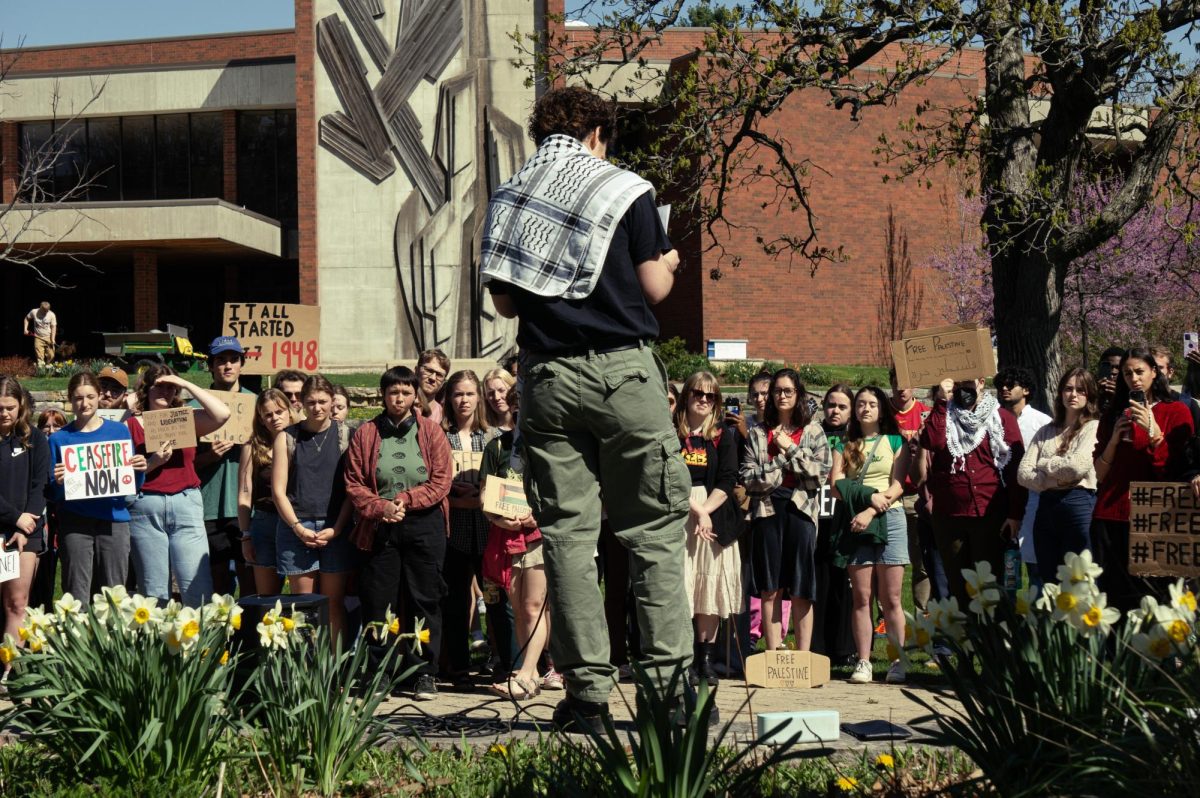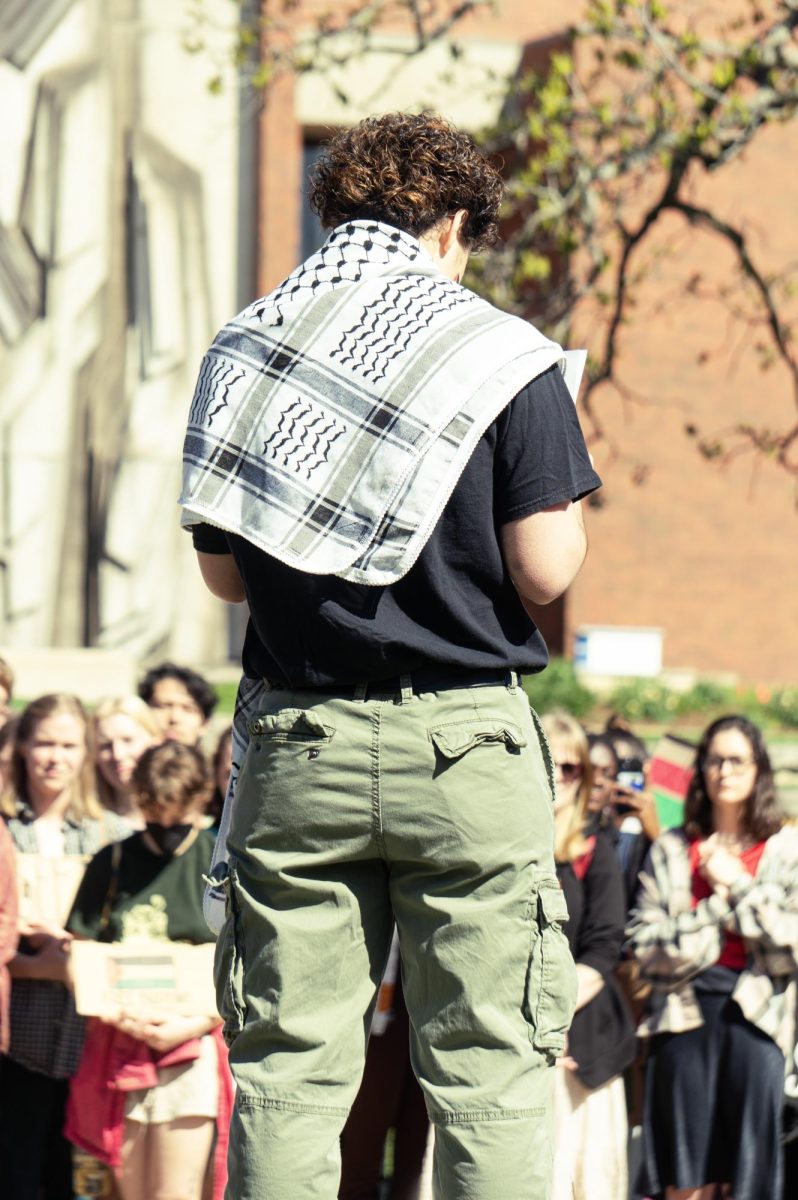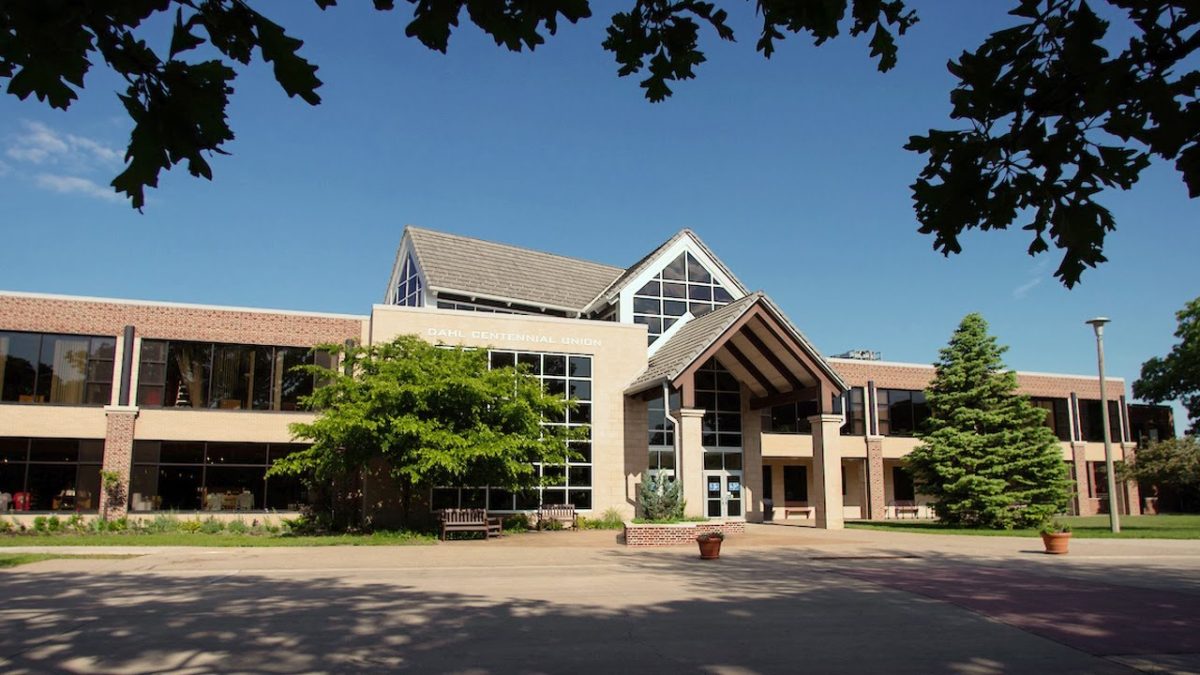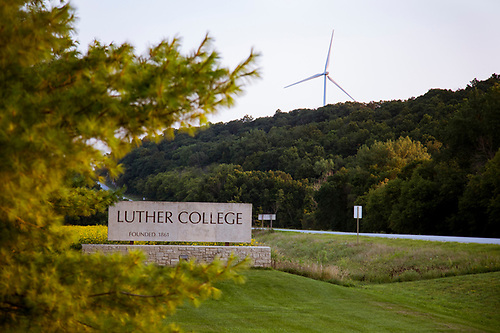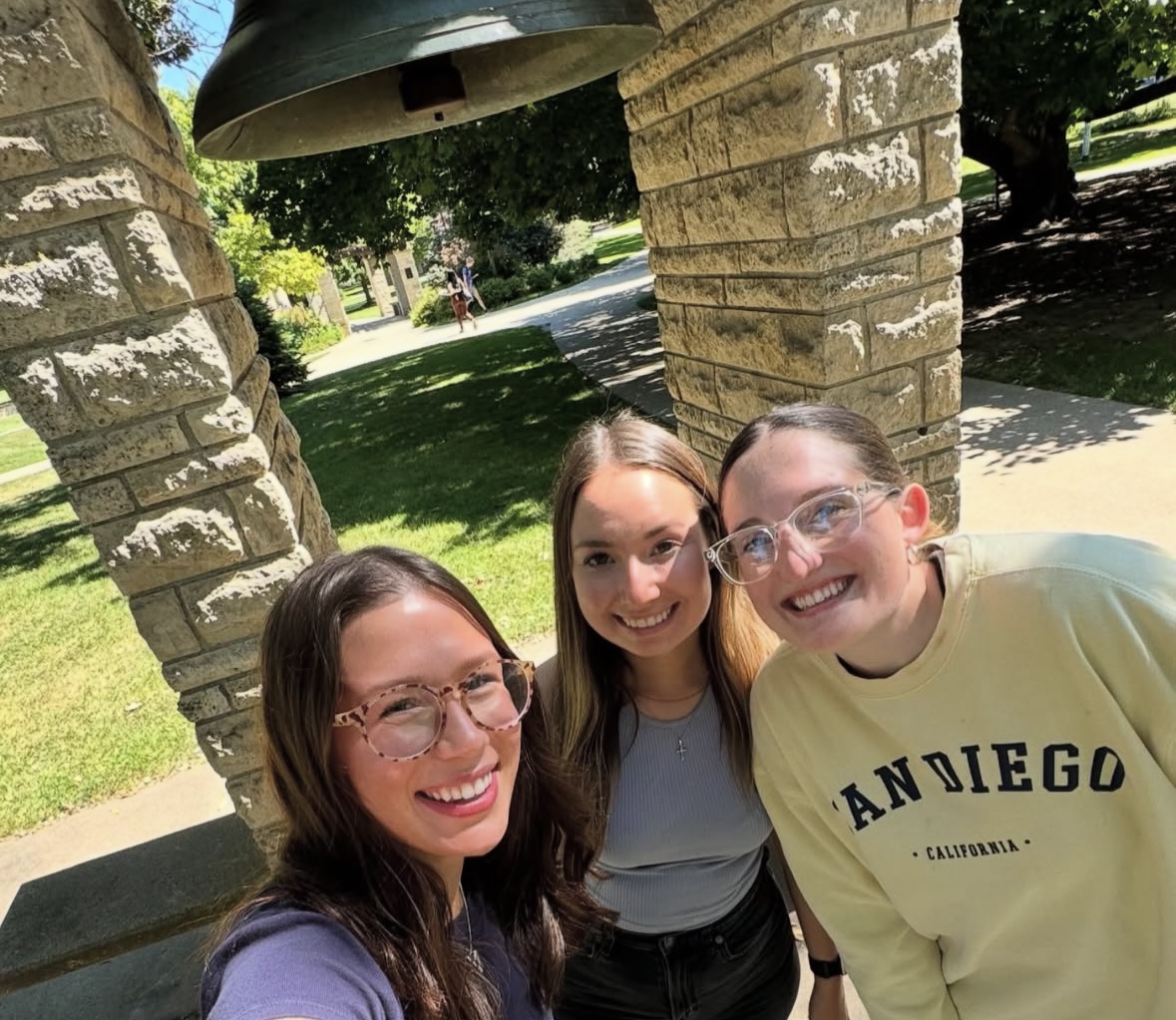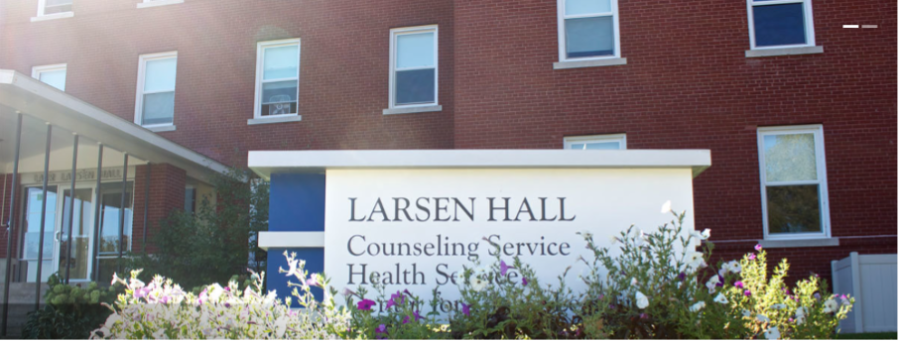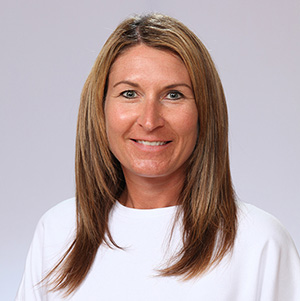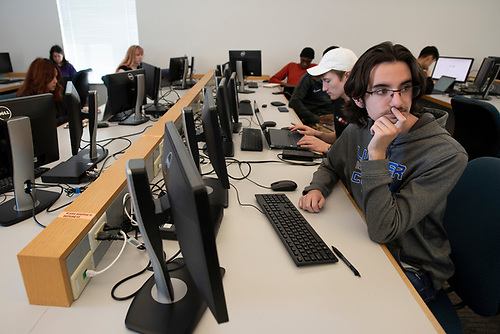Chants of “From the River to the Sea,” “End the Genocide” and “Palestine will be Free” rang out from Luther College’s upper campus on April 30, when over 150 student demonstrators marched peacefully in support of Palestine.
The organizer of the demonstration was a Lebanese Luther student; they requested CHIPS keep their identity anonymous due to safety concerns. They told CHIPS after the march that the event was planned as an “inclusive and peaceful march where students from all backgrounds are welcomed to join.”
“Since I come from Lebanon, Palestine has a soft spot in my heart and I decided to speak up and help my folks by echoing their voice and organizing this peaceful March,” the organizer said. “Such topics are not discussed too often and on a regular basis, hence my main purpose was to be active and cause a change.”
The organizer also told CHIPS they were motivated to march to promote solidarity in the Luther student body and encourage other Luther students to speak up.
“The genocide [in Palestine] has been ongoing for over 200 days, since October 7 — even though Palestine has been occupied for much longer — and I felt that not much has been said about this genocide,” the organizer said. “In the majority of classes, from my own experience and friends’ accounts, there has been little to no discussion about the genocide despite it being such a large part of current events.”
The demonstrators gathered in front of Dahl Centennial Union at 10:10 a.m., before marching to Bentdahl Commons. Some wore green, red and black, while others wore Kuffiyahs, held pro-Palestinian signs and carried Palestinian flags. The group first marched to Bentdahl Commons for an opening speech from the organizer, in which they mourned Palestinians that have been killed. There have been over 35,000 victims, 15,780 of which have been children.
“In a world full of injustice, I choose justice. I choose to represent peace and freedom of speech for the oppressed,” the organizer said in their speech. “After over 200 days of genocide, oppression and ethnic cleansing, the situation in Palestine continues to worsen every single day. Family, friends, neighbors and relatives have gone through a traumatic experience that shall not be forgotten or denied.”
The organizer’s speech was followed by a spoken word performance by Leen Zaher (‘26), who read the poem “If I Must Die” by Palestinian writer and Professor Refaat Alareer. Alareer was killed in an Israeli airstrike in December 2023; his poem has since gained attention on social media and has been translated into numerous languages.
The group then proceeded to march around campus, in which the event organizer led the group in pro-Palestine chants and songs. The demonstrators then marched back to Library Lawn, where the group joined hands in a circle in solidarity. The protest concluded with the event organizer inviting individuals to speak one or two words into a bullhorn that they felt described why they were demonstrating.
Jasmine Elliott (‘24) spoke the word “solidarity,” and told CHIPS after the demonstration that people are needed “en masse” to continue drawing attention to the crisis in Palestine. While she didn’t have any direct personal ties to Palestine, she still felt inclined to participate in the demonstration due to U.S. funds contributing to Palestinian genocide, which she called “infuriating.”
“There’s so many words you could think of, like ‘peace’ and ‘freedom,’ [but I chose] solidarity because of what I’ve been studying with [social and political] movements,” Elliott said. “No one can do this alone. The wonderful organizers who put this together, they kind of had that groundwork. But, you need the people. You need people, en masse.”
Elliott further said that she was brought to tears seeing all of the demonstrators together.
“We don’t all have ties to Palestine,” Elliott said. “Many of us don’t, some of us do. Just to see the concern for human wellbeing [was really meaningful.]”
The organizer of the march told CHIPS that Luther administration was aware of the march, and that they “met with multiple members of [administration]” and Director of Campus Safety and Security Bob Palmer (‘91). The organizer also said that administration had no problems with their intentions to demonstrate or the march itself. President Jenifer K. Ward was seen observing the demonstration from outside the Center for Faith and Life (CFL) with Provost Brad Chamberlain, while students also saw Palmer watching from afar.
Ward provided comments to CHIPS about Luther students’ right to engage and exchange in debate.
“At Luther College, students have the right to learn, to debate ideas, to disagree, to make their voices heard, and to participate in peaceful gatherings,” Ward said. “We strive to create an environment where students can have reasoned exchanges about difficult topics, and peaceful demonstrations can be a part of that exchange.”
Members of Luther’s Student Senate were also seen participating in the march. They were not permitted to comment to CHIPS about the demonstration in their Senate capacity.
Mara Quackenbush (‘25) marched near the front of the group with a pro-Palestinian sign. She described the experience of marching around campus “calm and peaceful,” and was motivated to participate in the demonstration in order to provide support to Palestine and Palestinian students.
“I decided [to march] because I just found it really important to provide my personal support and community support for Palestine,” Quackenbush said. “In such a small community, specifically, and [to] give support to our classmates who are Palestinian. Just, to get support from all of [the Luther] community, in general.”
Luther is not the only college in Iowa to have students leading pro-Palestinian demonstrations. The Des Moines Register reported on May 1 that students at Iowa State University had begun protesting on May 1, and University of Iowa students were planning a three-day demonstration to start on May 3. At places like Columbia University or the University of California, Los Angeles, peaceful protestors have been violently confronted by police with many arrests being made. However, the organizer of the Luther march told CHIPS that they were not worried about harmful or aggressive responses to the demonstration. Since the time of writing, no counter-protests or threats to demonstrators have materialized.
“I am absolutely not concerned since the purpose of the March is to speak for the oppressed, celebrate peace among nations and amplify the voices of the people who choose peace and justice,” the organizer said. “My speech consisted of different countries that are going through tough times. The march was not antisemitic, hence I anticipate positive feedback and no concerns about its existence.”
While a majority of the demonstrators were students, Luther faculty and staff were seen participating in the march as well. Some marched along with students while others watched the demonstration from around campus. Professor of Religion Wanda Deifelt attended the demonstration and told CHIPS that what is happening in Gaza is “unacceptable.”
“The slaughtering of innocent people, depriving them [of] food and access to healthcare, is a violation of human dignity [that] requires a response,” Deifelt said. “I am proud of the students who organized the event. It was peaceful, raised awareness, and invited the Luther College community to stand in solidarity with Palestinians.”
The organizer of the demonstration told CHIPS afterwards that they felt the march said a lot about the Luther student body. But despite praising Luther students for their participation in the march, they cautioned the student body from allowing the demonstration to become “the last that happens on campus for Palestine.”
“Keep talking, keep protesting, keep posting,” the organizer said. “It’s important that we all continue to educate ourselves and stay [up to date] on current events outside of our sphere of comfort.”
One of the final students to speak with the bullhorn — who wished to be included in CHIPS anonymously due to personal concerns about potential retaliation from the college — emphasized what demonstrators could do to continue supporting the cause.
“Advocate, call your representatives, call your senators,” the student said. “Don’t use my tax dollars to fund genocide.”

